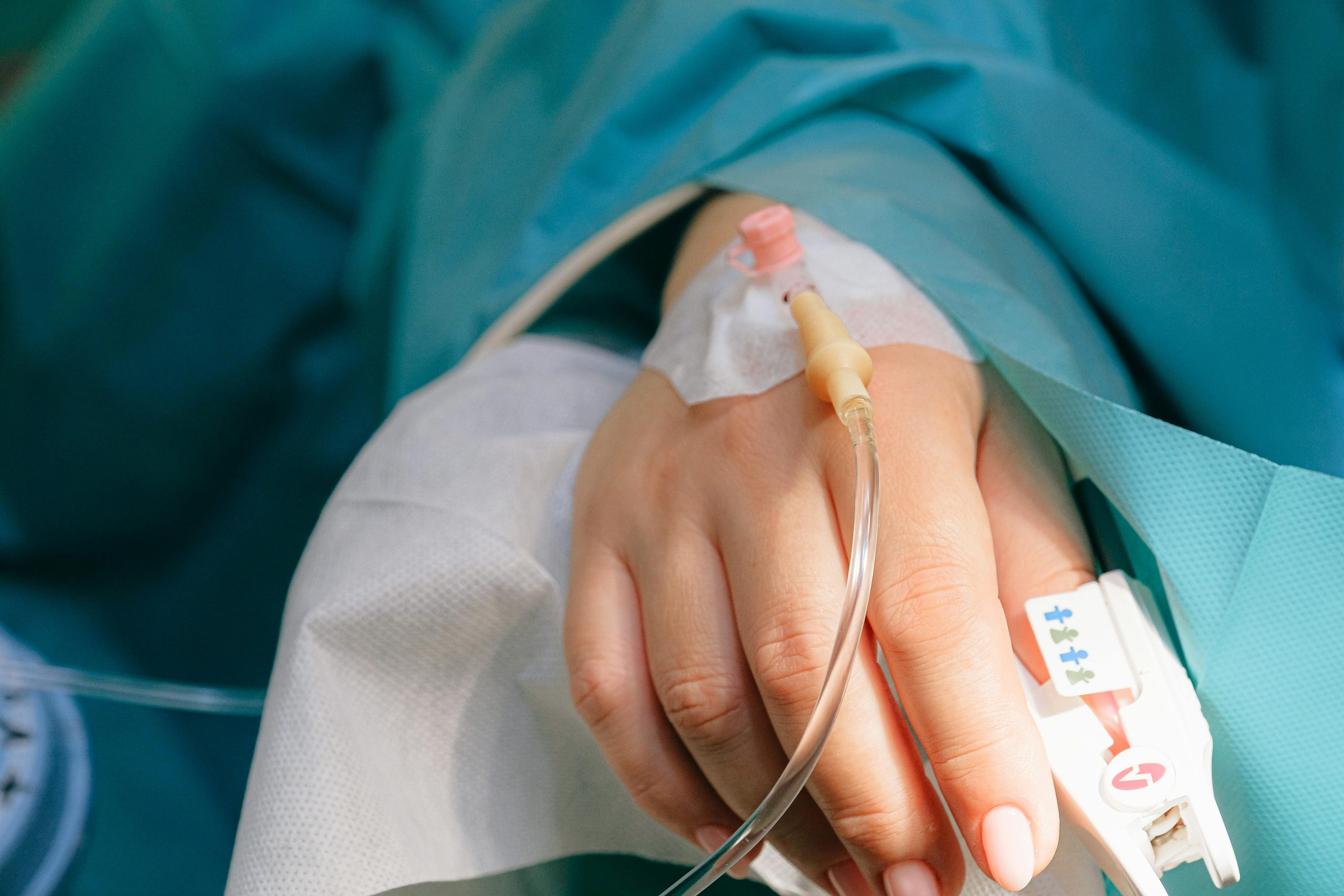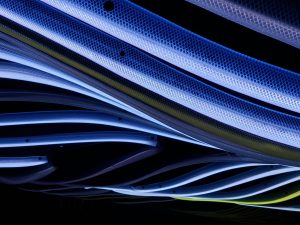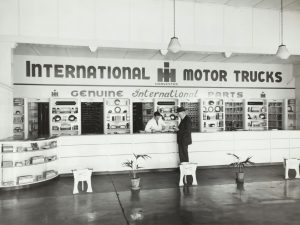Health monitors tracking seniors’ vital signs
As the population continues to age, the health and well-being of our senior citizens becomes a critical concern. With advancing age, individuals become more prone to chronic diseases and conditions that can significantly impact their quality of life. While regular check-ups with doctors and healthcare professionals can help monitor these concerns, it may not always be enough. This is where health monitors tracking seniors’ vital signs come in, providing a real-time and comprehensive view of their health on a daily basis. In this article, we will delve into the importance of health monitors for seniors and how they can help transform the way we care for our elderly loved ones.
The Need for Health Monitors for Seniors
As we age, our bodies go through various changes, making it vital to monitor our health regularly. For seniors, monitoring their vital signs, such as blood pressure, heart rate, and oxygen levels, is crucial in detecting any irregularities that may indicate underlying health issues. By having access to this data, healthcare professionals can intervene quickly and prevent potential health complications.
Peace of Mind for Seniors and Their Families
For many seniors, aging can come with a sense of loss of independence. This feeling can be amplified for those with chronic conditions or those who live alone. Having a health monitor that tracks their vital signs can provide peace of mind for seniors and their families. With easy access to the data, both parties can feel reassured that any potential concerns will be detected and addressed promptly.
Early Detection of Health Concerns
Early detection is crucial for managing and treating any health concerns. With health monitors, seniors can monitor their vital signs on a daily basis and notice any trends or changes. This can help identify any potential health issues early on, allowing for proactive measures to be taken. For instance, if a senior’s blood pressure starts to consistently spike, they can work with their healthcare provider to adjust their medication or make lifestyle changes to prevent any further complications.
Types of Health Monitors for Seniors
The market for health monitors targeted towards seniors is continually growing, with a wide range of devices and technologies available. Some of the most common health monitors used by seniors include:
Smartwatches or Fitness Trackers
Smartwatches and fitness trackers are increasingly becoming popular among seniors due to their ease of use and accessibility. These devices can track various vital signs, including heart rate, steps, and sleep patterns. Many smartwatches also offer features such as fall detection and emergency response, making them ideal for seniors living independently.
Blood Pressure Monitors
High blood pressure is a common concern among seniors, making blood pressure monitors an essential device for many. These monitors come in various forms, from manual to fully automated devices, making it easy for seniors to track their blood pressure from the comfort of their homes.
Wireless Pulse Oximeters
Pulse oximeters are used to measure the amount of oxygen in an individual’s blood and their heart rate. Wireless versions of these devices provide convenience and accessibility for seniors, allowing them to monitor their oxygen levels and heart rate at any time.
Smart Devices
With the rise of smart home technology, smart devices such as smart scales and temperature monitors have also become popular among seniors. These devices can track weight and body temperature, providing a holistic view of a senior’s health.
The Future of Health Monitors for Seniors
The rapid advancements in technology have opened up a world of possibilities for health monitors tailored specifically for seniors. From artificial intelligence-powered devices to multi-sensor systems, the future of health monitors is both exciting and promising. These devices will not only track vital signs but also provide predictive capabilities, alerting both seniors and healthcare providers of any potential health concerns before they even arise.
Conclusion
As the use of technology continues to grow, so does its application in the healthcare industry. Health monitors for seniors provide real-time data that can significantly impact their well-being and quality of life. By continuously tracking vital signs, seniors can maintain their independence and potentially prevent serious health concerns from arising. With the ever-evolving landscape of technology, the future of health monitors for seniors looks bright, offering better and more comprehensive care for our elderly loved ones.










